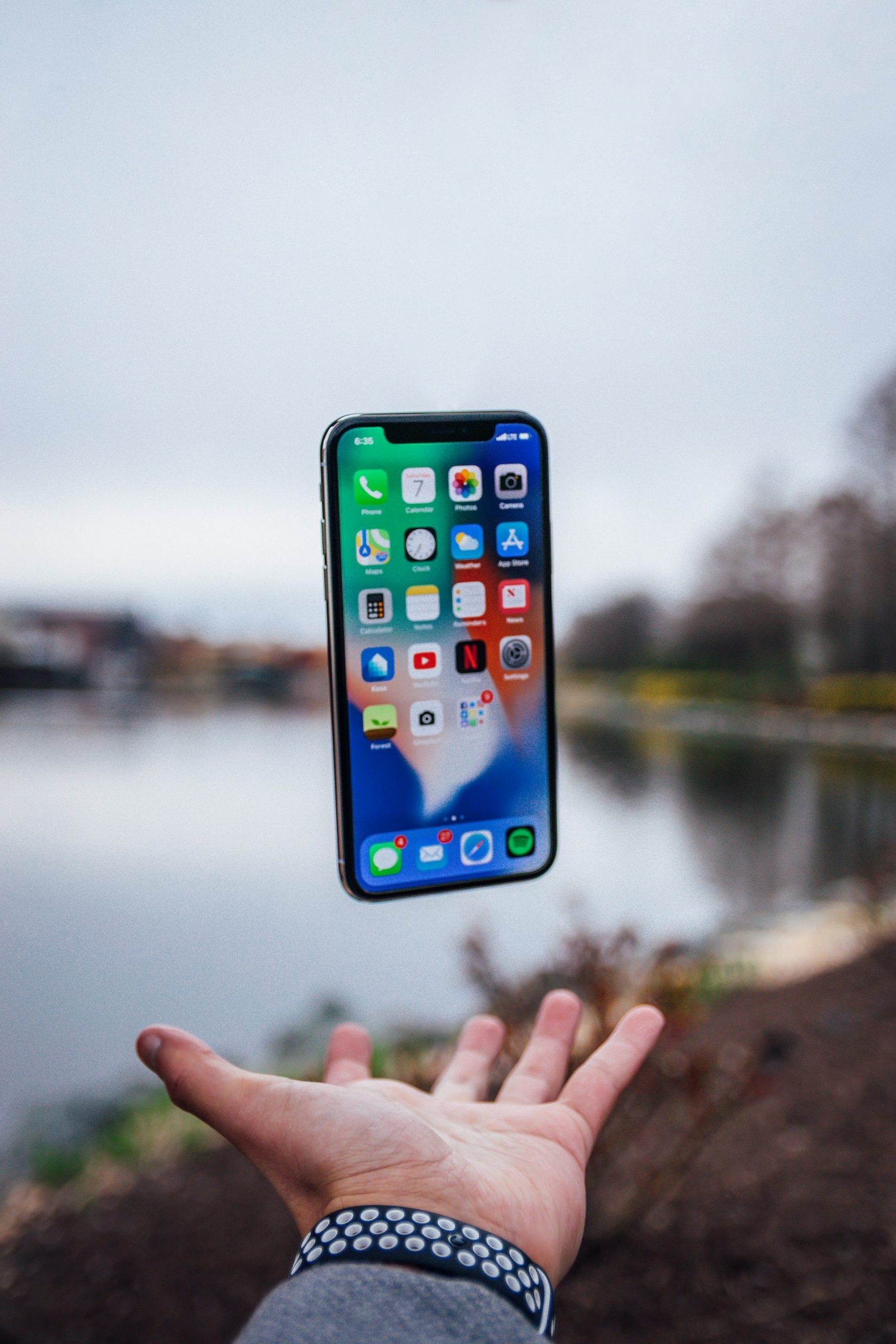
Sci&Tech Writer Weronika Bialek looks at the consequences of online scrolling and recommends ways to improve your mental wellbeing by reducing your time behind the screen.
On average, people spend nearly 7 hours a day behind screens, with Gen Z averaging around 9 hours of screen time a day. This means the average person spends a third of their life stuck behind a screen.
Forbes has described TikTok to be as addictive as cocaine and to affect our brains in a similar way to ‘slot machines in Vegas’. A study in 2014 had found that Facebook indeed triggers the same impulsive parts of the brain as gambling and substance abuse.
Forbes has described TikTok to be as addictive as cocaine
Clearly, the associations of excessive phone usage are overwhelmingly negative, which begs the question, what exactly are the negative consequences of the bad habit which has taken over the world, and how can we adopt a balanced digital diet to dig ourselves out of this addiction?
In the short term, prolonged use of screens can cause computer vision syndrome, which can cause headaches, eye strain, blurred vision, light sensitivity and dry eyes. In the long term, it has been suggested that prolonged exposure to blue light can lead to impaired retinal cells, which has been linked to age-related macular degeneration (AMD) and damaged central vision.
It has also been suggested that phone addiction is harming right brain functions, such as short-term memory, attention, and concentration. Neuroscientists have called this phenomenon “digital dementia”.
Phone addiction is harming right brain functions, such as short-term memory, attention, and concentration
Heavy social media use has also been linked to depression and loneliness, which are believed to be caused by social media users comparing themselves to images they see online, as well as because of the FOMO caused by many apps, such as Instagram.
Considering this long list of negative side effects, should you just quit social media cold-turkey?
According to research conducted at the University of Pennsylvania, this isn’t an effective tactic.
The study found that university students who used social media for 30 minutes a day had the highest well-being compared to those who either didn’t use social media at all or who used it excessively.
A follow-up study also found that it is how we use social media that is much more important than how long we use it. For example, it found that students’ mental health was better when they followed people that they knew in real life, rather than following celebrities who set unrealistic beauty standards.
Should you just quit social media cold-turkey? According to research conducted at the University of Pennsylvania, this isn’t an effective tactic
Considering this, it is best to create a balanced digital diet by tracking the amount of time that you spend on your phone so that you can see exactly how long you are spending on each app. Most phones automatically track screen time, but for phones that do not have this option, there are hundreds of screen time apps in the app store which can even set daily limits on apps.
Once you are aware of how long you are spending on your phone and what apps are eating up most of the screen time, you should try planning out at what times of the day you will use your phone. For example, by blocking out lunchtime as phone usage time, you will be less likely to scroll for hours, as you will be limited to a specific time block. Furthermore, other free time, such as evenings and study breaks, can be dedicated to something other than your phone, such as catching up with your friends in person to ensure that you are also getting real-life social interaction which will counteract the feeling of FOMO.
It is best to limit phone usage before going to bed and right after waking up
When prolonged screen usage is unavoidable, it is recommended to follow the 20-20-20 rule to protect eye health. The 20-20-20 rule means that after 20 minutes of screen time you look away from your screen for 20 minutes and try to look at things 20 feet away.
It is also best to limit phone usage before going to bed and right after waking up, as using devices at those times can impact sleep quality and prime the brain for distraction. It could be a good idea to use an alarm clock to wake up in the mornings so that your phone won’t be in your hand from the moment you open your eyes, tempting you to check your socials before even starting your day.
Enjoyed This? Read more from Sci&Tech here!

Comments